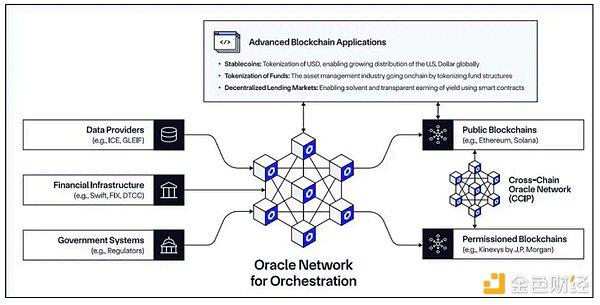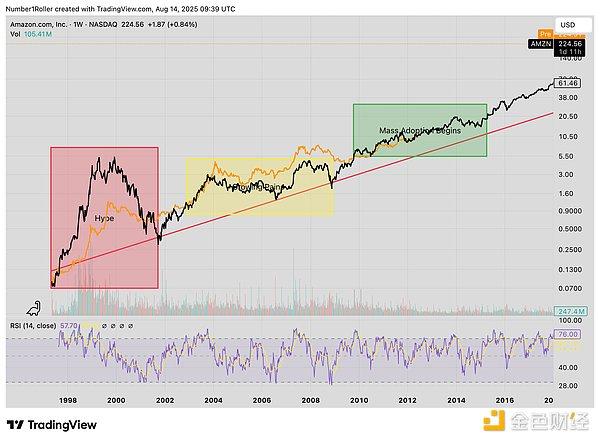
Japan, once a leader in cryptocurrency, is now gradually falling behind countries like Norway and Kazakhstan in the organizational-scale cryptocurrency approach.
Despite an early start, Japan now holds only a very small portion of global Bitcoin reserves, while countries like Norway and Kazakhstan are intensifying organizational investments in this field.
- Japan currently holds only 1-2% of global Bitcoin reserves with small trading volume, lagging behind other countries.
- Large national asset funds, such as Norway's, have significantly increased Bitcoin exposure through investments in cryptocurrency technology companies.
- The trend of global national funds like Kazakhstan shifting towards digital assets shows a strong change in reserve investment strategy.
Why is Japan Falling Behind in the Global Organizational Cryptocurrency Market?
Japan was once a leader in cryptocurrency, but now only holds 1-2% of global Bitcoin reserves, with daily spot trading volume below 1,000 BTC.
Japan's market share in the global Bitcoin market is now very small, despite its previous pioneering position.
Source: CryptoQuant, 2025
Domestic Japanese exchanges only occupy a small portion compared to major names like Binance and Coinbase. According to CryptoQuant, Japan only holds 1-2% of global Bitcoin reserves, with daily spot trading volume under 1,000 BTC – too small compared to major cryptocurrency financial centers.
The primary reason stems from a strict legal environment. Japan focuses on protecting individual investors and leans more towards derivative contract trading instead of spot trading. These limitations have narrowed Japan's role in global price establishment and reduced attraction of institutional capital.
What Limitations Make It Difficult for Japan to Catch Up?
The strict monitoring and control system, which favors small individual users, has created significant barriers to organizational participation in Japan.
Although Japan's legal framework prioritizes investor safety, this has significantly reduced the country's influence on the global Bitcoin market.
CryptoQuant Report, 2025
Unlike other large markets, Japan does not prioritize service structures for large financial institutions, which can lead to missing large-scale investment waves. Domestic companies primarily serve individual trading needs and do not play a prominent role in the global pricing ecosystem. The policy focused on risk control may help minimize losses but makes Japan somewhat passive on the global cryptocurrency map.
In this context, the rise of national funds from Norway and Kazakhstan exemplifies a flexible approach that dares to innovate investment strategies in digital assets.
How Has Norway Expanded Organizational Bitcoin Exposure?
Norway's national asset fund, valued at $1.7 trillion, has increased Bitcoin exposure by 192% in the past year, becoming one of the most active national funds in cryptocurrency.
Increased investment in top cryptocurrency companies has brought Norway's national fund exposure to over 7,100 BTC in just the past year.
Norway's National Asset Fund Report, 2025
Unlike Japan, Norway approaches Bitcoin indirectly through stocks of key global cryptocurrency companies like Coinbase, Metaplanet, and Strategy. This has allowed the fund to be exposed to over 7,100 BTC. The investment in Strategy increased by 133% compared to the previous year, while the Coinbase stake nearly doubled in the same period.
This growth shows that Norway is very proactive in adjusting investment strategies by capturing opportunities from cryptocurrency-related financial products, rather than limiting itself to traditional trading systems.
What Drives Kazakhstan's Shift to Digital Reserves?
In July 2025, Kazakhstan's national asset fund announced plans to convert part of its reserves to cryptocurrency to increase long-term profitability and reduce dependence on traditional reserve sources.
We aim to optimize national reserve value by diversifying assets into the digitalization sector.
Timur Suleimenov, Chairman of Kazakhstan's National Bank, Kursiv Media, 2025
According to the chairman of Kazakhstan's National Bank, investing in digital assets helps diversify reserves and reduce volatility risks from gold and foreign currencies. This opens a new trend as more national funds view cryptocurrency as an essential part of medium-to-long-term investment structures.
This strategic change not only helps Kazakhstan increase return rates but also minimizes risks from global economic fluctuations. This is why large investment funds worldwide have begun paying more attention to asset diversification in the digitalization sector.
Comparison: How Do Japan, Norway, and Kazakhstan Approach Organizational Cryptocurrency?
Countries like Norway and Kazakhstan have a more flexible approach to cryptocurrency at an organizational scale compared to Japan's cautious policy.
| Criteria | Japan | Norway | Kazakhstan |
|---|---|---|---|
| Global BTC Reserve Market Share | 1-2% | Indirect through 7,100 BTC | Preparing to invest |
| Organizational Access Channel | Limited, strict legal framework | Investment in cryptocurrency company stocks | Direct digital asset investment |
| Investment Strategy | Protecting individual investors | Diversification through digital assets | Optimizing reserves, reducing foreign currency dependence |
| Daily BTC Trading Volume | Below 1,000 BTC | No statistics available | Not yet announced |
Global Transition Trend: Cryptocurrency is No Longer an Unconventional Asset
The strong participation of national funds in Norway and Kazakhstan in the cryptocurrency field confirms the global spillover effect, promoting cryptocurrency as an important part of modern reserve portfolios.
Cryptocurrency is gradually becoming a key component in the reserve management strategy of many countries, rather than just a marginal asset.
National Bank of Kazakhstan Report, 2025
As governments and large national funds actively diversify and invest in digitized assets, the boundary between traditional assets and digital assets is becoming increasingly blurred. This also creates pressure forcing countries like Japan that are still cautious to review their policies if they do not want to continue falling behind.
Financial experts note that the next phase of the market will witness a widespread wave of national reserve conversion to digital assets across Europe, Asia, and the Middle East.
Frequently Asked Questions about Institutional Approach to Bitcoin and Countries
What percentage of global Bitcoin reserves does Japan currently hold?
Japan only holds around 1-2% of global Bitcoin reserves, which is significantly lower than during its early development period.
Why is Japan lagging behind Norway and Kazakhstan in institutional cryptocurrency investment?
The main reason is due to strict legal frameworks and an orientation towards protecting individual investors, limiting the participation of large institutions.
How does the Norwegian sovereign wealth fund invest in Bitcoin?
Norway primarily engages with Bitcoin through investments in shares of cryptocurrency technology companies like Coinbase, Metaplanet, Strategy.
What is Kazakhstan's strategy with digital assets?
Kazakhstan is deploying investment of part of its national reserves into cryptocurrency to enhance long-term profitability and reduce dependence on gold and foreign currency.
What is the current daily Bitcoin trading volume in Japan?
The daily spot trading volume in Japan is low, always below 1,000 BTC.
What is the next trend of sovereign wealth funds worldwide with cryptocurrency?
National funds are accelerating asset diversification into the digital field, transforming cryptocurrency into an important reserve component.
What is the biggest challenge for Japan if it wants to catch up with leading countries?
The biggest challenge is creating a legal environment flexible enough to attract institutional investment while ensuring investor safety.







